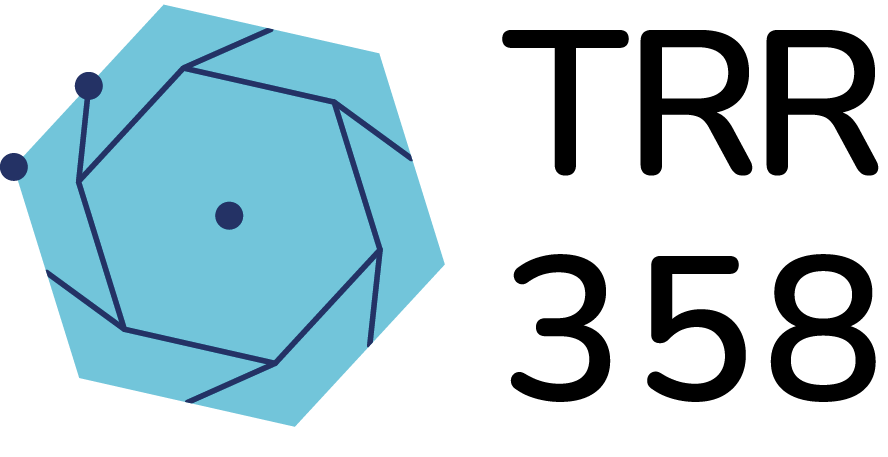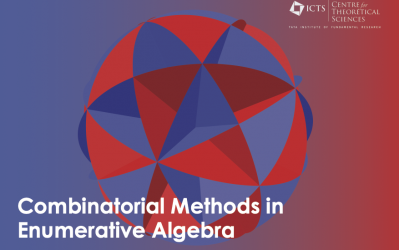Many algebraic counting problems give rise to integer sequences that hold information which is best accessed by encoding these numbers in appropriate generating functions. Numerous classical zeta and L-functions testify to this principle: Dirichlet’s zeta function enumerates ideals of a number field; Witten’s zeta function counts representations of Lie groups; Hasse– Weil zeta functions encode the numbers of rational points of algebraic varieties over finite fields. Analytic and arithmetic properties of these zeta functions hold or are expected to hold, the key to a treasure trove of information about the underlying structures.
Zeta functions of groups and rings are invaluable tools in asymptotic group theory and ring theory. Often, they admit Euler product decompositions, with rational local factors that reflect regularity of structure in the underlying data.
We aim to bring together experts in the various relevant subject areas, including those in zeta functions of groups and rings and—crucially—in adjacent combinatorial areas, enabling them to address some of the outstanding problems in this field.
We will train young researchers to invite them to this vibrant area of enumerative algebra, give them the tools to both contribute to this area of asymptotic group and ring theory and relate it to their own area of expertise.
ICTS is committed to building an environment that is inclusive, non discriminatory and welcoming of diverse individuals. We especially encourage the participation of women and other under-represented groups.
Accommodation will be provided for outstation participants at our on-campus guest house.
Eligibility:
Week 1: PhD students and researchers interested in algebraic combinatorics, asymptotic algebra and related topics.
Week 2: Advanced PhD students and researchers interested in algebraic combinatorics, asymptotic algebra and related topics.

Partially supported by TRR358.
 icts
icts res
res in
in

